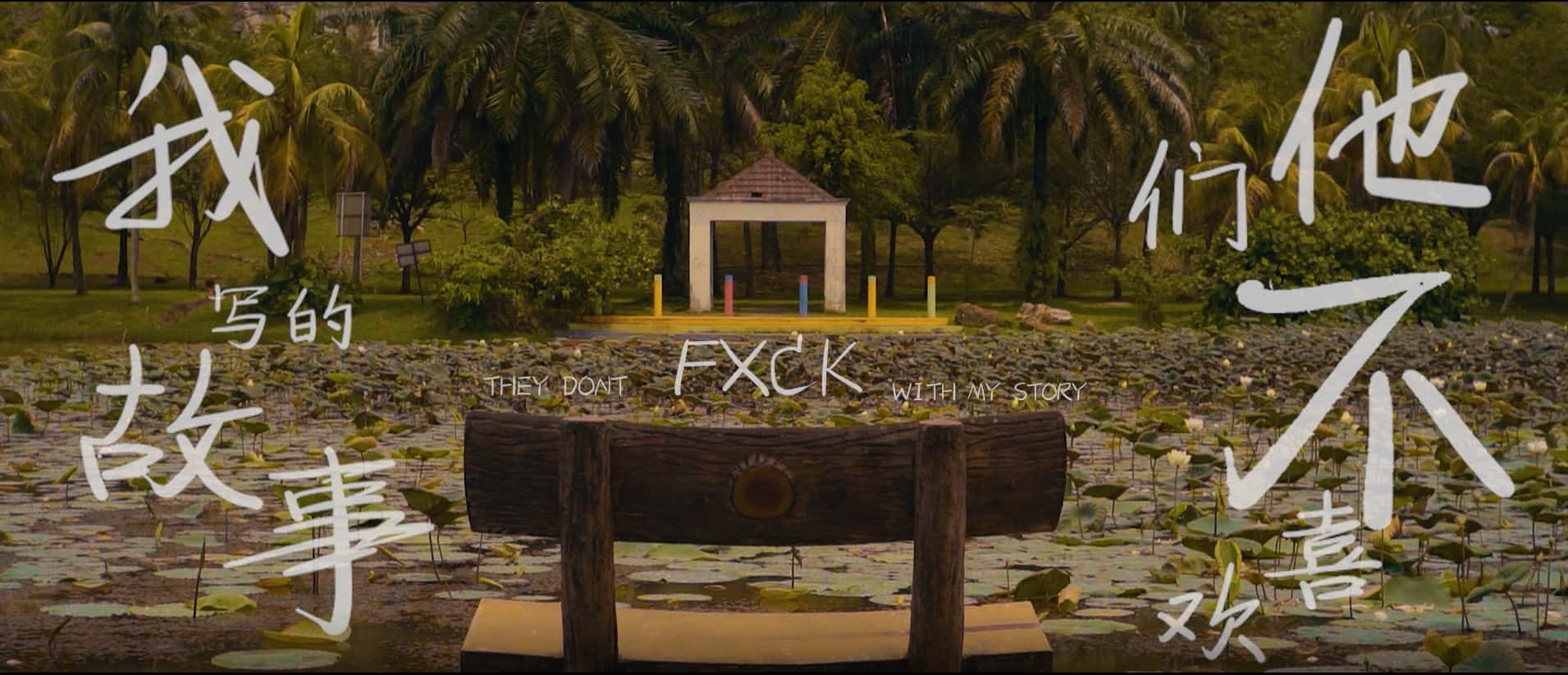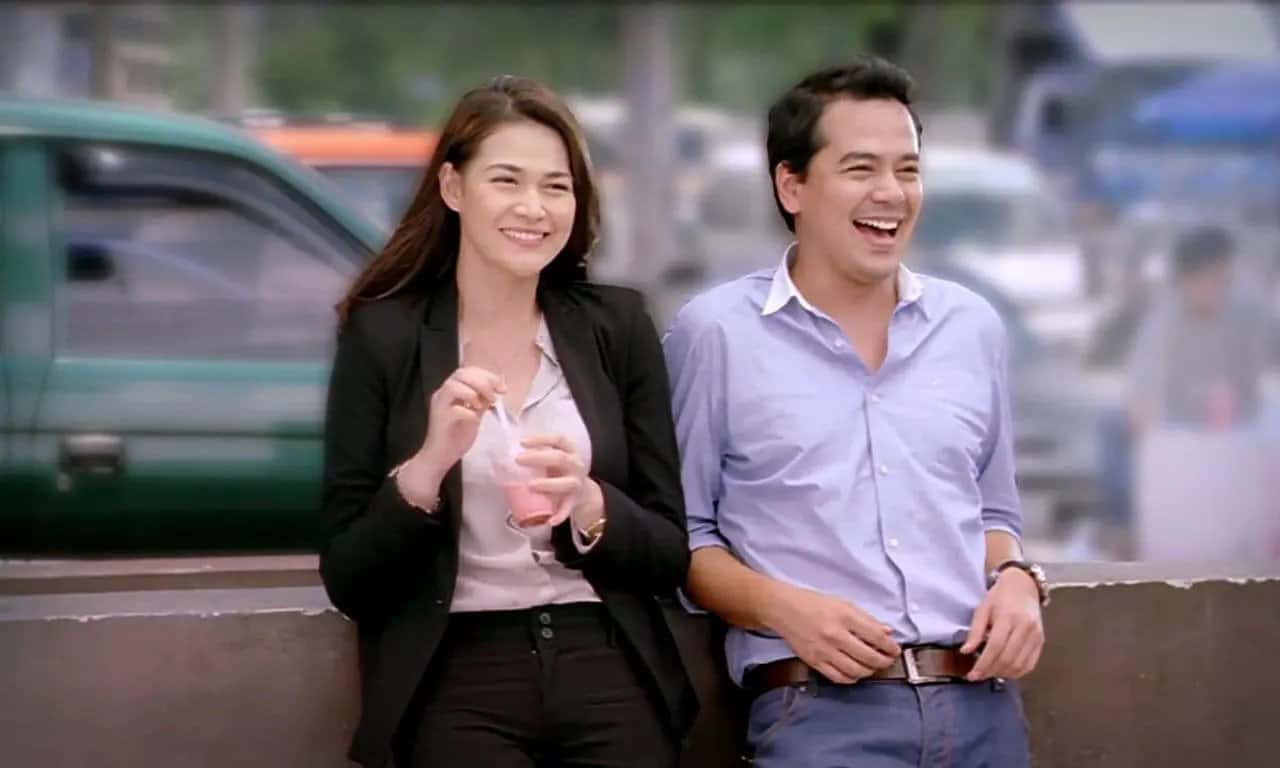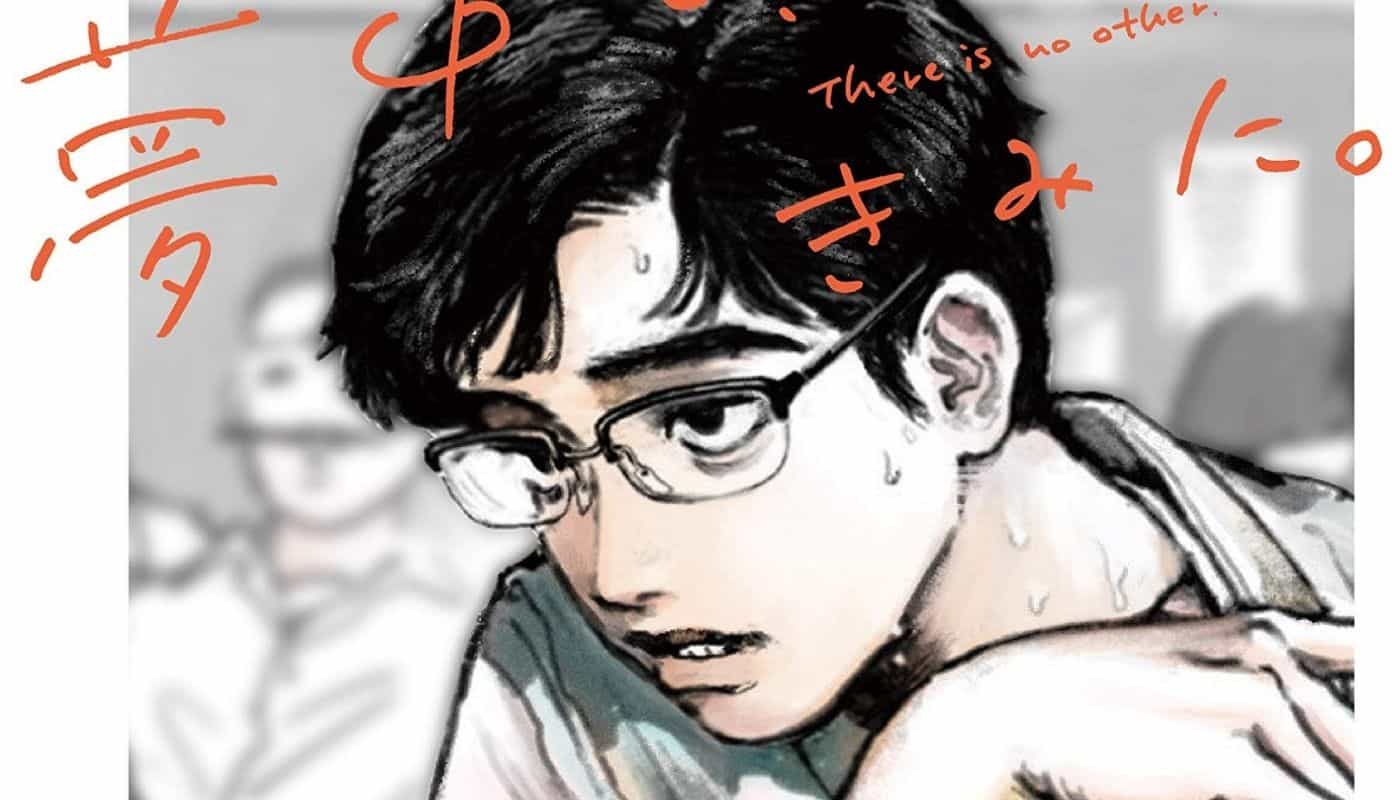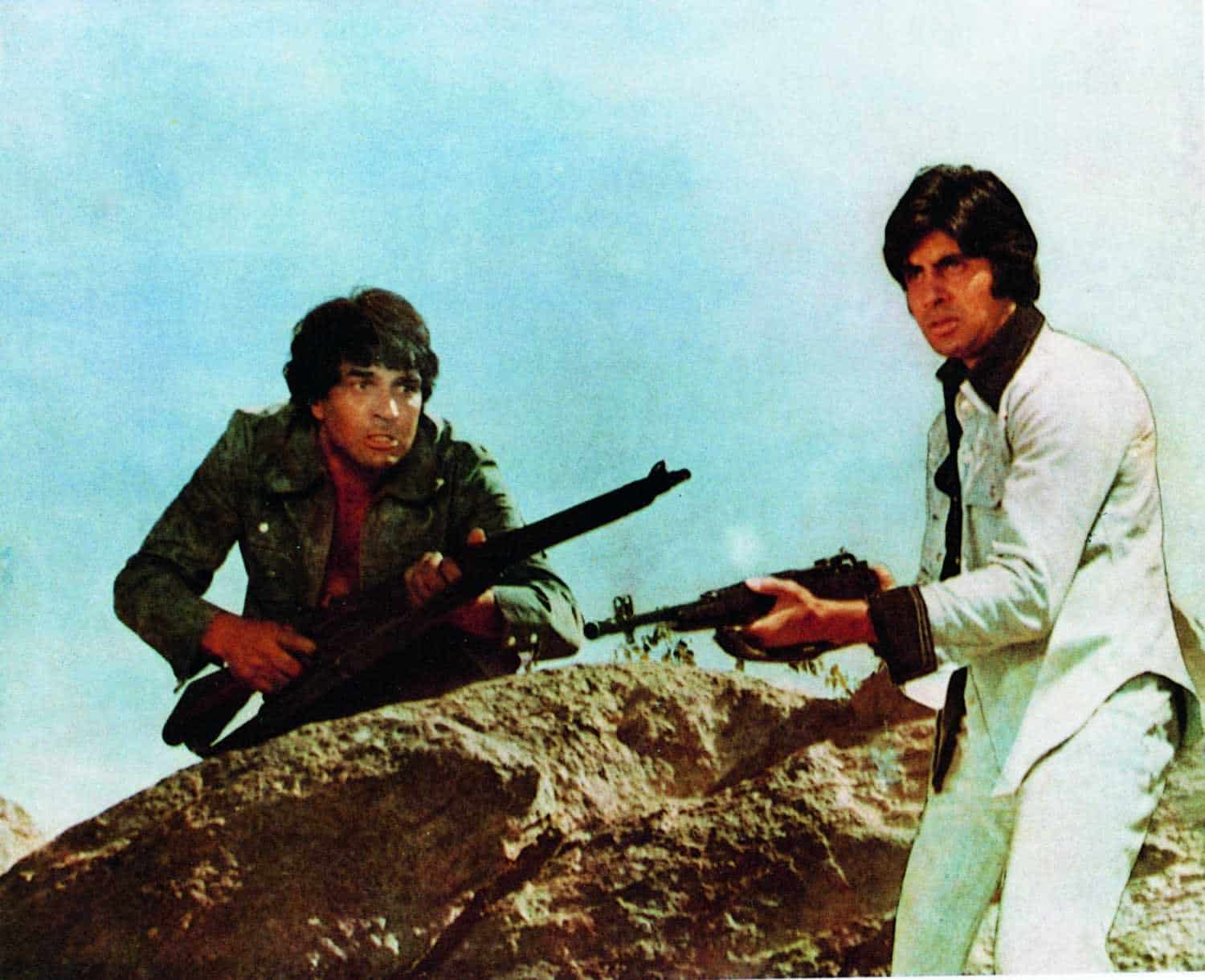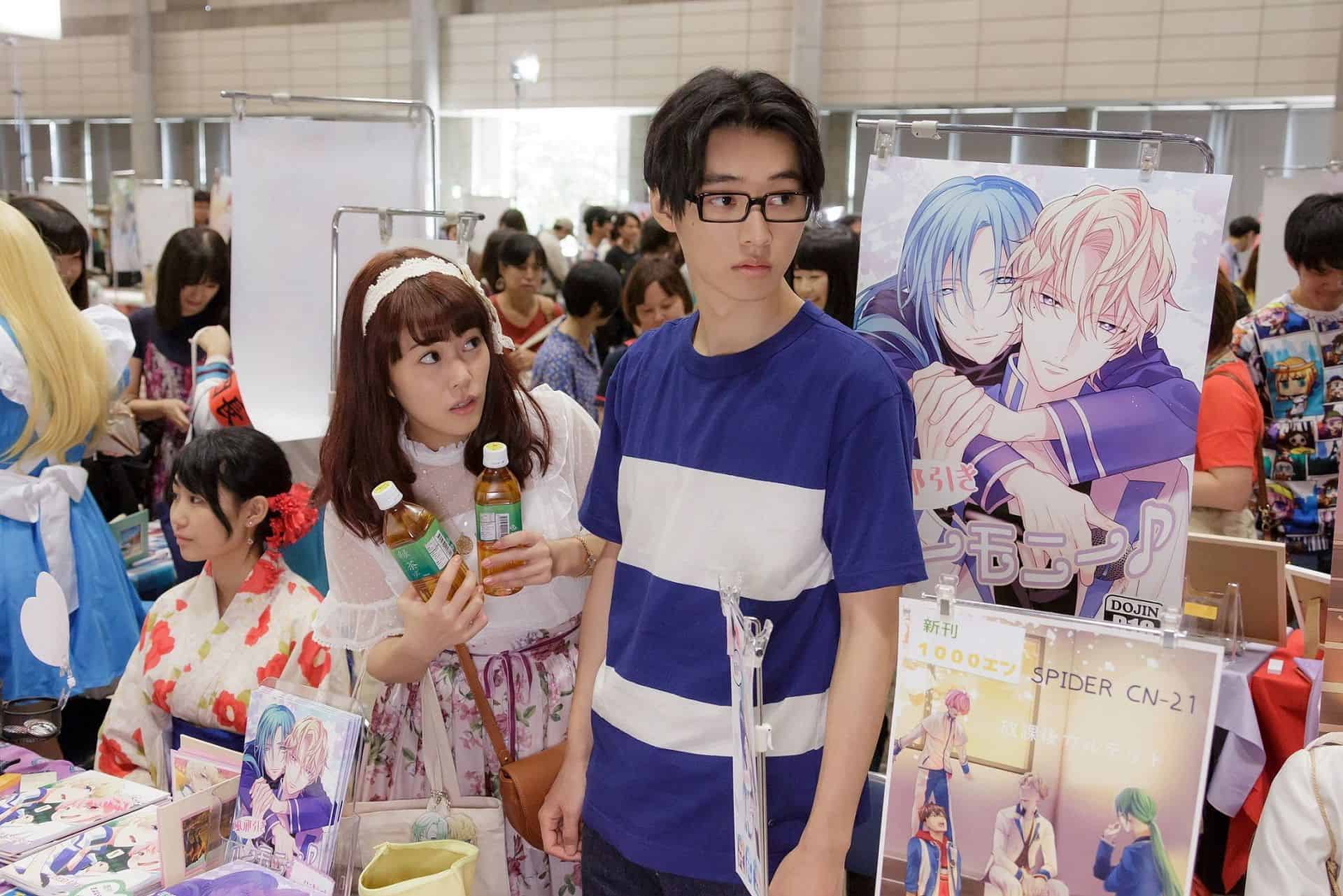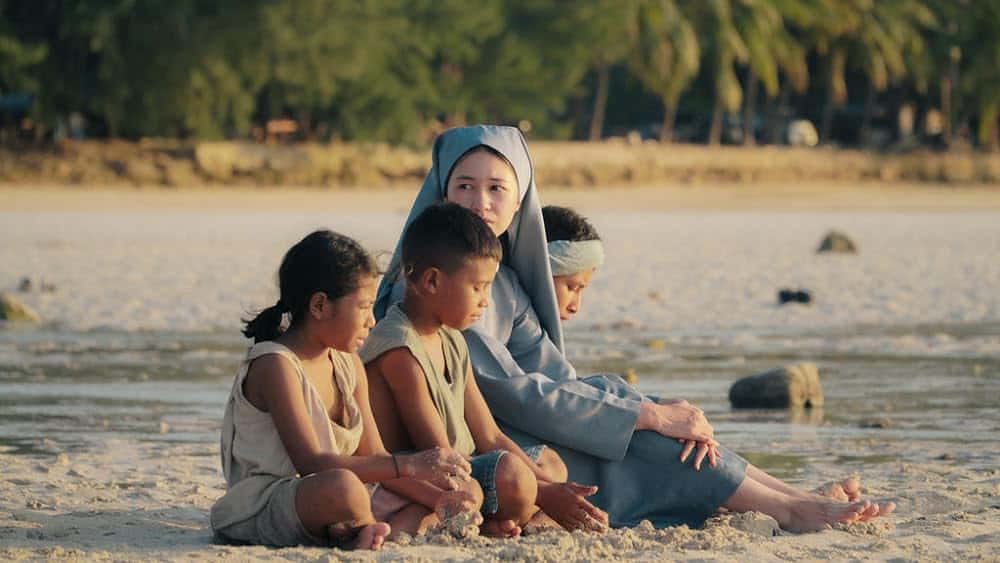A finger pokes a small hole through a fusuma (Japanese-style sliding door). A girl bends down and peeks through the hole. She sees something. A woman notices a hole on one of the fusuma in the apartment. Bewildered by this, she moves closer to the door and tries to see through the small crack if there is anything on the other side. Coincidence? Or is there a larger mystery behind the doors?
Our House is screening at Japannual Festival

This is the intricate world created by young director Yui Kiyohara (清原唯) in her master thesis film. Graduated from Tokyo University of Arts, Kiyohara won the Grand Prix at Pia Film Festival, Japan's most important film festival dedicated to independent filmmaking. Mentored by auteurs like Kiyoshi Kurosawa and Nobuhiro Suwa (Suwa and producer Shoji Matsui served as the advisors for “Our House”), Kiyohara invokes the unknown within an ordinary world and asks us to stay with it without destroying it with our desire for knowledge and closure.
The premise of the film might sound gimmicky for some. The majority of the story happens in the same location, an apartment in Yokohama shared by two groups of people. The twist is they never exist in the same space at the same time. Seri, a teenage girl who lives with her single mother, enjoys hanging out with her friend at the beach, playing with mother's cosmetic products, and occasionally seeing or hearing there is someone in the house that no one else is aware of. Sana, a woman who wakes up one night at a ferry and forgets everything, except her name perhaps, about herself. She is traveling with a suitcase and a well-wrapped present, which she can't remember whom is it for. She is taken in by Toko, a quiet young woman who lives alone and dedicates her time repairing children's clothes. But these acts seem to be her facade to cover up her real identity. If Toko is the one who leads a mysterious life that she doesn't want to share with Sana; Sana is the one whose identity is a puzzle for herself, and yet she is also the one in this relationship who can sense that there is something strange happening on the other side.

These four people live in the same house but never encounter one another physically. And it is quite possible that Seri and Sana are the only two who can see that there are mysteries in this mundane space. However, Kiyohara is never interested in solving the narrative puzzle and giving us answers. The film then becomes a precious experience where you somehow have to learn how to coexist with the mystery. When one is watching this film, unlike watching a puzzle film like “Memento”, one's mission is not to “solve” the cleaver narrative quizzes, but to stay with the state of unknown. One of her mentors, Suwa, once told an interviewer that an ideal film is a film that the director is open to the unexpected things happening during the shooting. When making a film, a director should be staying in a process of discovery. Through “Our House”, Kiyohara is reminding us the feeling that one really doesn't know everything.
Though people might be intrigued by this work because they see Kiyoshi Kurosawa is attached with this film, this is not a horror film in any conventional sense. Kiyohara doesn't want to terrify or unsettle you with nightmarish imagery or eerie atmosphere. Instead, what you will get is a chance to face the unknown.



